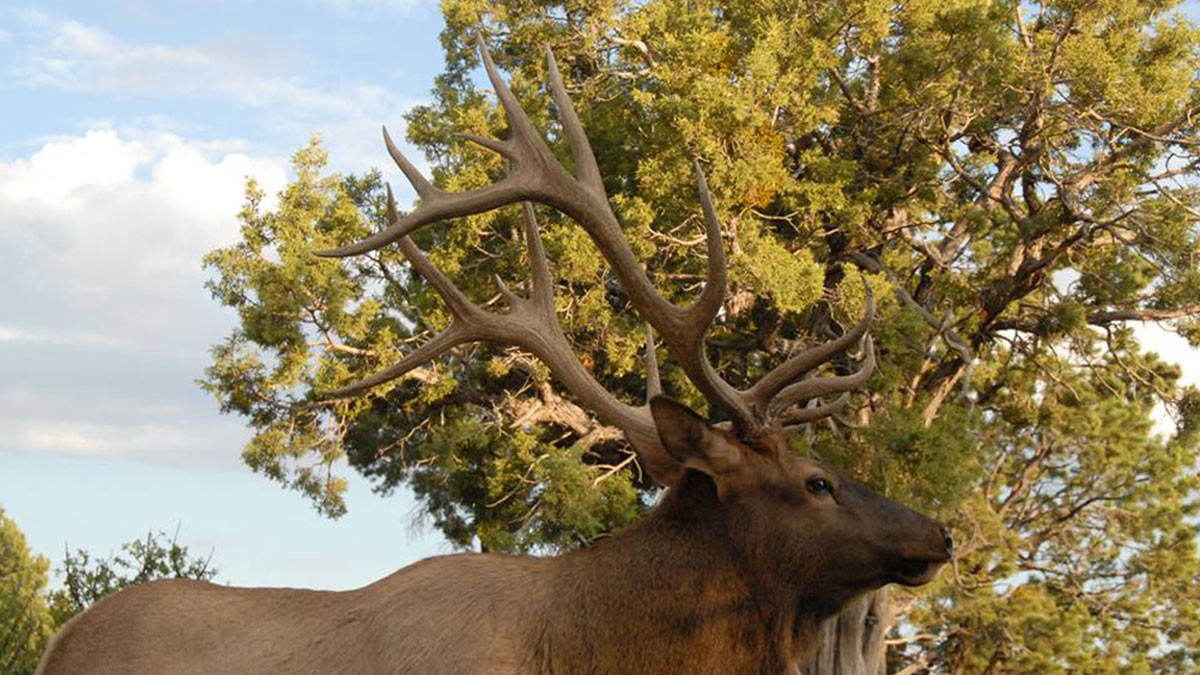Chronic wasting disease is present in several neighboring states, but not yet in Arizona. The Arizona Game and Fish Department (AZGFD) is hoping to keep it that way by enacting rules regarding the possession and transportation of elk and deer into Arizona by successful out of state hunters.
Hunters from out of state may only bring the following animal parts into Arizona according to the following requirements of Arizona Game and Commission Rule R12-4-305:
- Meat that is boneless or has been commercially butchered and packaged
- Finished taxidermy mounts
- Skulls that are mounted or clean skulls/skull plates without any meat or soft tissue
- Antlers that are hard-horned or velvet antlers that have been taxidermied
- Hides without any meat or soft tissue
- Teeth without any tissue attached
Out-of-state hunters coming to hunt in Arizona should check with their state about importation rules. They can also check the CWD alliance website and select the state from the map.
The AZGFD has increased surveillance for CWD and encourages hunters to bring recently harvested deer or elk to any AZGFD office during business hours for Department personnel to collect a tissue sample for CWD testing. Hunters that successfully harvest in Units 1, 2, 3, 12, 13, 27, 28,and 31 are especially encouraged to submit heads for testing because these units are close to New Mexico, Colorado and Utah, where CWD has been detected in deer and elk. For best results, the head should be kept cool and submitted within a day of harvest.
Anyone found in possession of illegally imported wildlife parts is subject to law enforcement action and the wildlife parts may be seized and destroyed.
CWD is a neurological disease found in cervids, including deer, elk, moose, caribou, and reindeer. The disease attacks the brains of infected animals and is always fatal. CWD can be spread by direct animal-to-animal contact and indirectly from the soil, plants, or contaminated surfaces to an animal. Transmission is most common via saliva, feces, or the decomposing carcass of an infected animal.
There have been no cases of CWD in humans, but public health officials do not recommend that humans consume meat products from animals testing positive for CWD. This disease has not been detected in Arizona’s deer or elk, but it is present in 26 states, including Utah, Colorado, and New Mexico, and four Canadian provinces.
(Photo source: Arizona Game & Fish Department)
